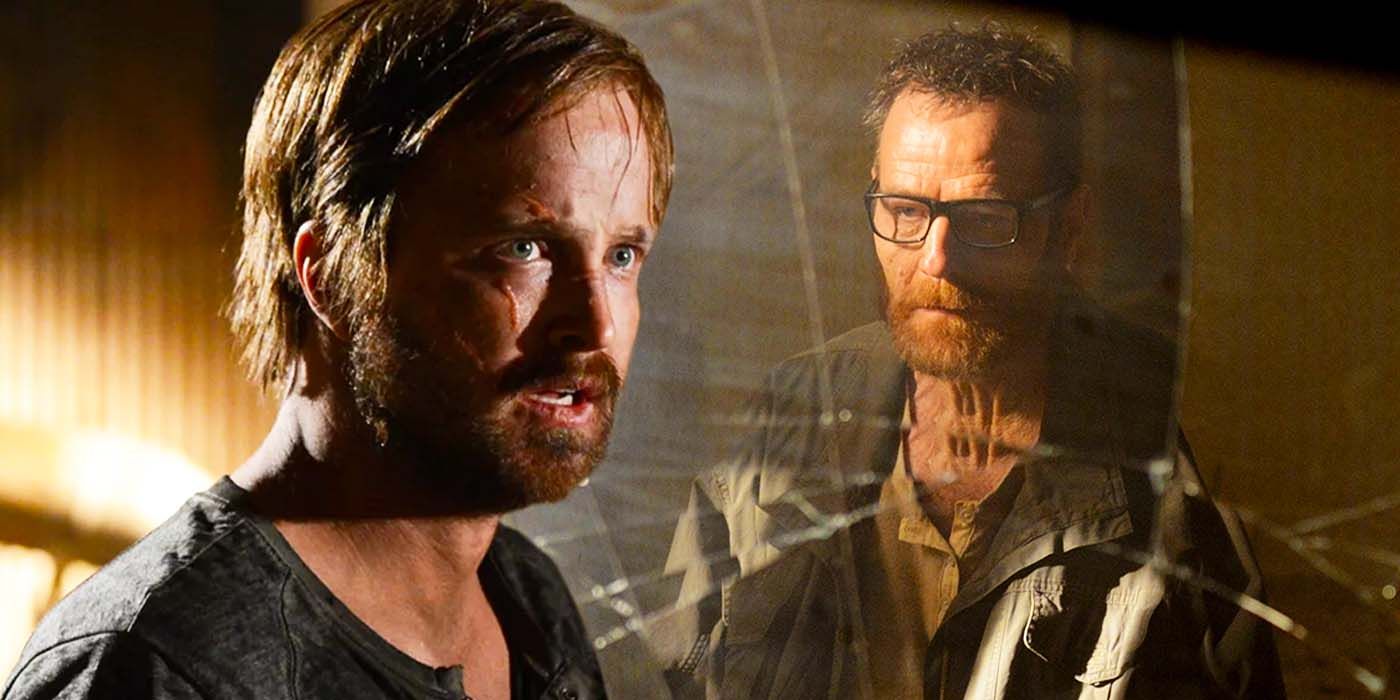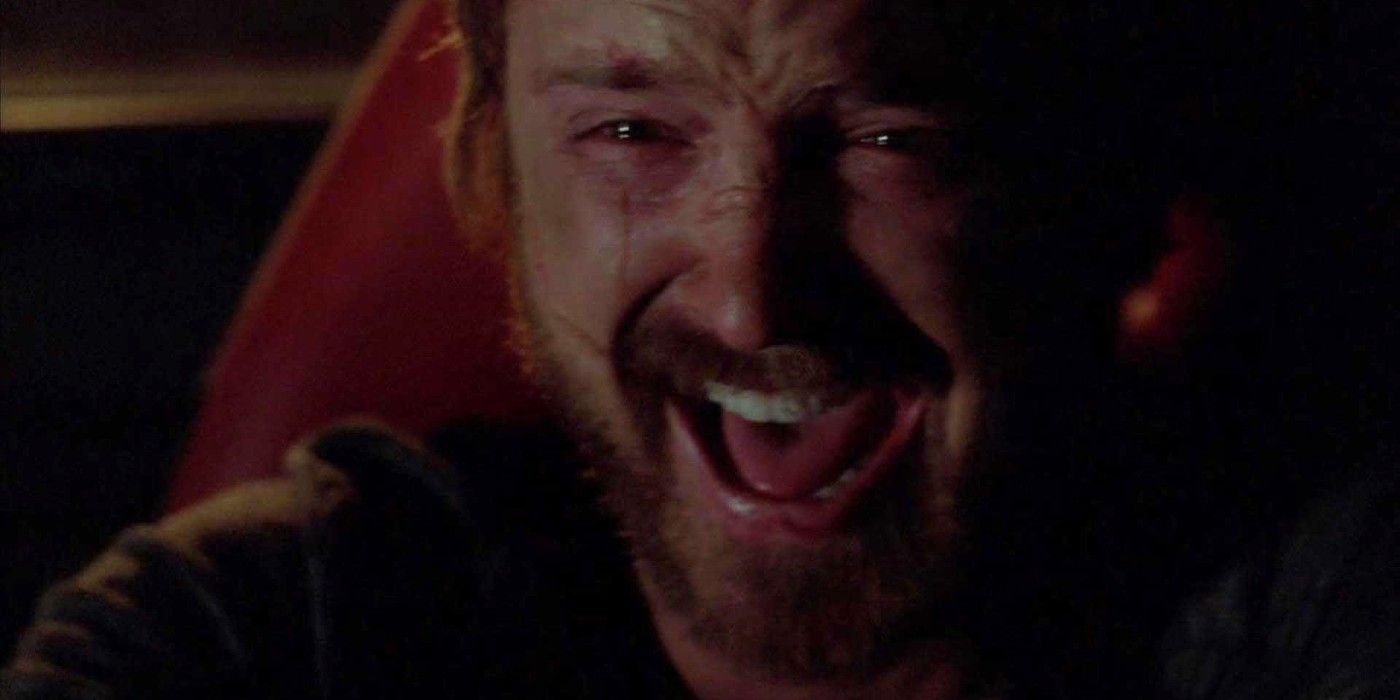AMC's Breaking Bad had quite the memorable finale in 2013, but here's how Aaron Paul actually changed Jesse Pinkman's very last scene in the series. Vince Gilligan's acclaimed crime drama features phenomenally nuanced and layered characters, especially in how it deals with Walter White's (Bryan Cranston) transformative arc as the iconic anti-hero "Heisenberg." However, another character who has his own depth, development, and important moments throughout the show is the eventual drug kingpin's original meth-cooking partner: Jesse Pinkman.
The young man goes through enough stress, hardship, and soul-altering darkness to cut years off his life by the time the hit series wraps up. At this point, he's shared his true feelings - which encapsulate his journey throughout all of the seasons - with Walt: "Ever since I met you, everything I've ever cared about is gone, ruined, turned to s***, dead..." So, when he finally breaks out of the Welker gang's compound at the end of Breaking Bad's series finale, it's no wonder why he displays a myriad of emotions via a mix of crying, laughing, and yelling with triumphant relief.
Yet, it turns out that the original script had a different vibe in mind for when Jesse would speed away in the El Camino. In June 2021, Showbiz Cheat Sheet unearthed a YouTube video of Cranston and Paul reading the finale's script together for the first time. Cranston reads aloud about the scene breakdown of Jesse's escape, “We leave the compound behind. Close angle on Jesse, grimly determined, fearing nothing, he speeds toward the darkness.” Obviously, the scene that made the cut features Paul's slightly altered, emotionally varied performance of it. Since the finale's premiere, fans have been vocal about how perfectly Jesse's featured moment of freedom works so well, fits the episode's tone, and speaks volumes about what his character has been through over the course of Breaking Bad's five seasons. YouTube user ImCallingJapan summed up the meaning behind the breakout perfectly: "Finally, Jesse escapes enslavement and certain death, after all the pain, horror, tragedy and madness he'd been through, free of Walt and the drug trade and able to drive off somewhere and start a new life..."
It's true: at this point, Jesse has endured extensive hardship. In addition to battling addiction, people he's cared about - like Jane and Andrea - have died, both tragically and violently. Though he certainly wasn't on the straight and narrow before reuniting with Walt, he's done and seen things that he most likely never would've imagined prior to teaming up with him. He's helped dissolve bodies in acid, killed in cold blood, been held hostage as a meth cook, and much more. Especially after everything that's taken place prior to the Breaking Bad finale, he's been pushed to his limits via quite the harrowing crucible.
When Jesse finally breaks free - both literally and figuratively (from Walt and the drug trade, as ImCallingJapan pointed out) - it's understandable that he's feeling multiple emotions all at once. There's grief for what he's been through, what he's lost, where his life has gone, and who he's become. Yet, there's also newfound freedom and a sense of sweet, exhilarating relief as he breaks free in such a heavily symbolic moment. Aaron Paul definitely tweaked the script for his last scene in the finale. The decision ultimately enhanced how Jesse's character leaves Breaking Bad at the series' end and how the show poetically ties things up before cutting to black once and for all.


